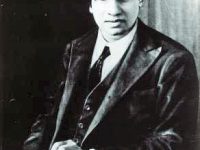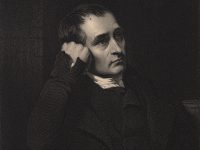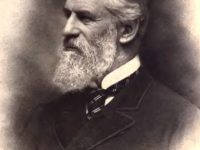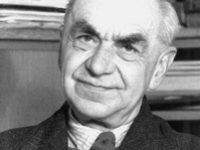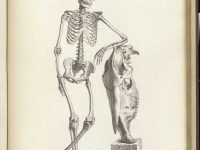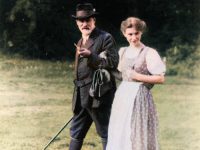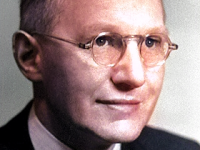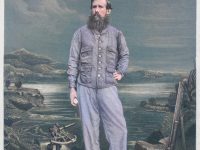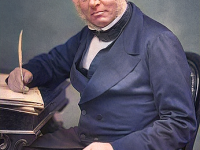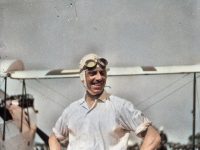The Short Life of Srinivasa Ramanujan
On December 22, 1887, Indian mathematician and autodidact Srinivasa Ramanujan was born. Though he had almost no formal training in pure mathematics, he made major contributions to mathematical analysis, number theory, infinite series, and continued fractions. Supported by English mathematician G. H. Hardy from Cambridge, Ramanujan independently compiled nearly 3,900 results during his short life, which all have been proven correct. “Sir, an equation has no meaning for me unless it expresses…
Read more

